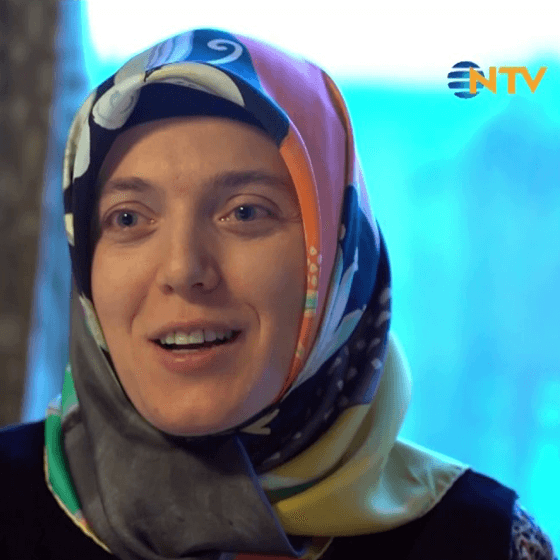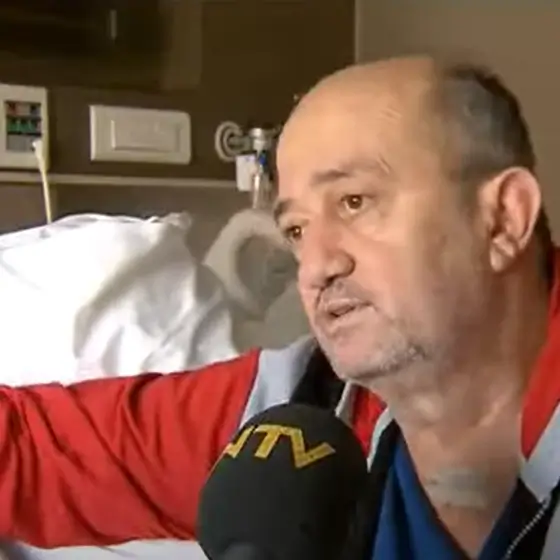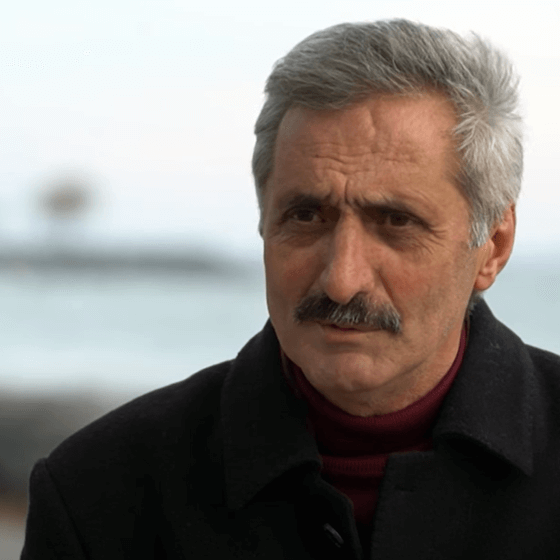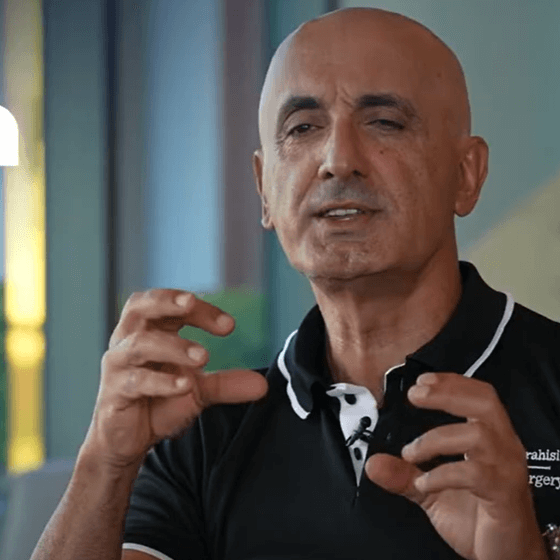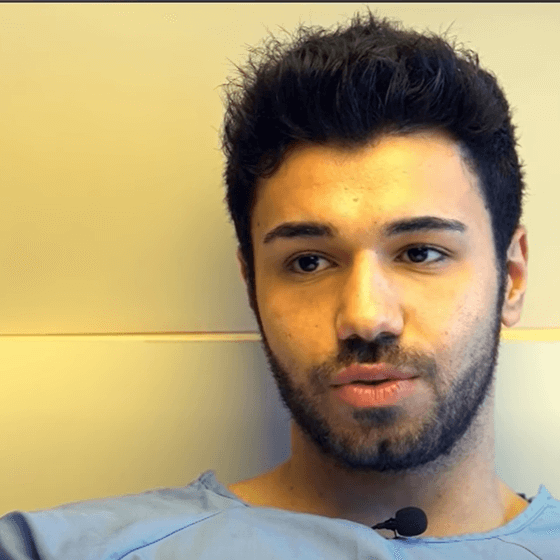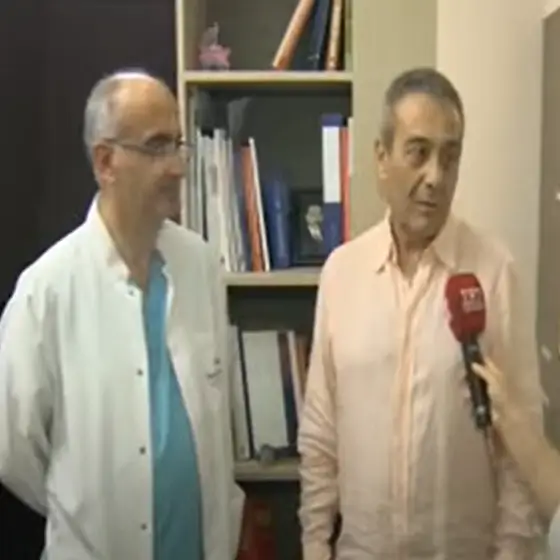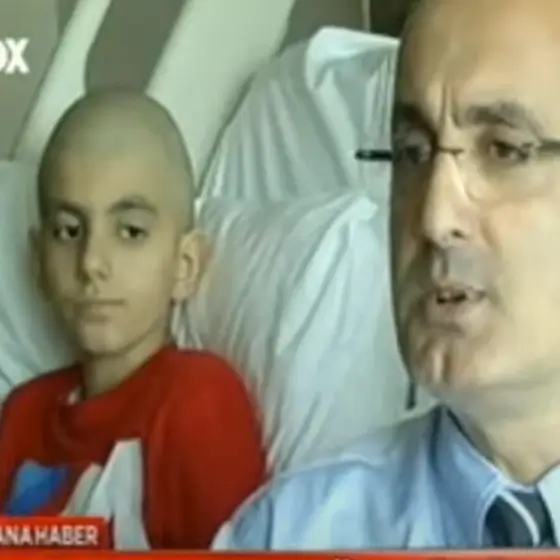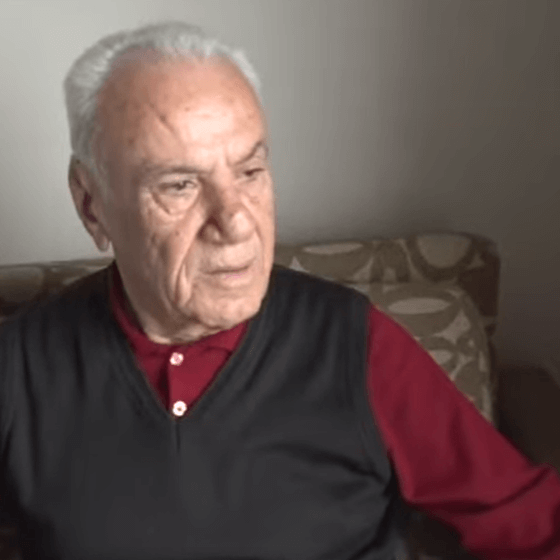Trustworthy treatment with advanced technology by Prof. Dr. Semih Halezeroğlu.
Prof. Dr. Semih Halezeroğlu, He specializes in lung surgery and is particularly experienced in minimally invasive surgical techniques (closed surgeries, single-port VATS). He serves as the Head of the Department of Thoracic Surgery at Acıbadem University School of Medicine and the Clinical Director of Thoracic Surgery at Acıbadem Maslak Hospital.
Looking at his education and career, after graduating from Istanbul University Cerrahpaşa Faculty of Medicine, he became a thoracic surgery specialist in 1992, an associate professor in 2001, and a full professor in 2008. He holds the European Board of Thoracic and Cardiovascular Surgery Certification, establishing him as one of the key figures in setting international standards in this field. He has also served as the president of the European Society of Thoracic Surgeons (ESTS).
Prof. Halezeroğlu plays an active role in the surgical treatment of chest diseases, including lung cancer, lung cysts, metastases, diaphragm paralysis, and pneumothorax. By utilizing innovative methods such as Single-Port VATS (Single-Port Video-Assisted Thoracoscopy), he enhances the comfort and effectiveness of patients’ treatment processes.
For more information or to get in touch, you can reach him at Acıbadem Maslak Hospital.
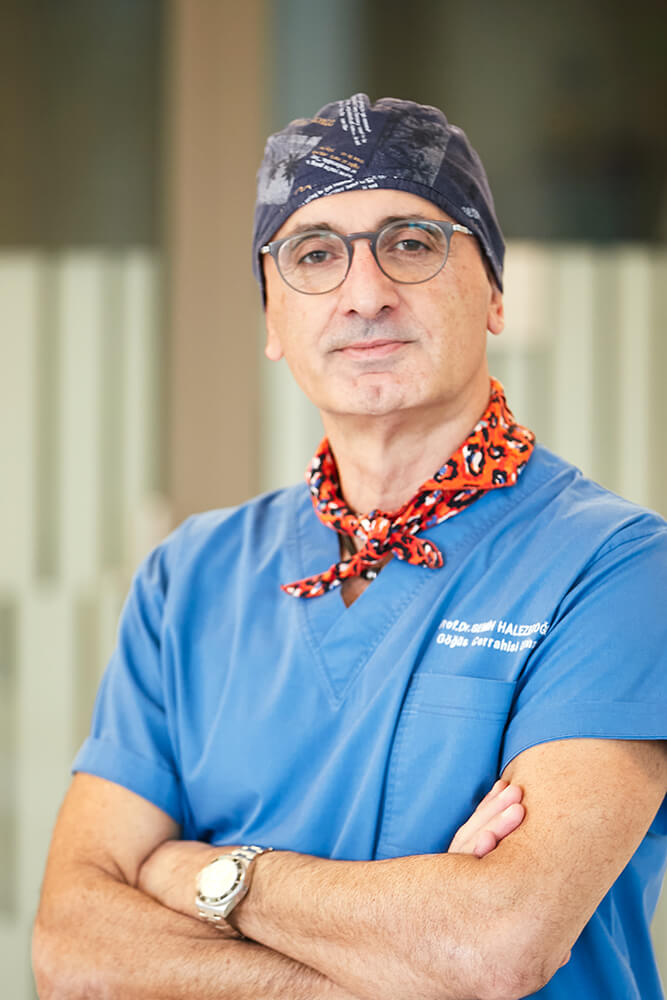
You can watch the real-life stories of our patients who have undergone many different successful operations, especially lung cancer, in our Acıbadem Maslak Hospital Thoracic Surgery Clinic, broadcast on different TV channels, in the videos below.
The stage of lung cancer refers to the phase the cancer is at the time of diagnosis. Determining the exact stage of lung cancer is extremely important in deciding on the correct treatment.
Stage 1 lung cancer is the earliest stage, where the tumor is small in size. At this stage, the tumor has not yet spread to lymph nodes or other organs.
Patients often do not show symptoms at this stage, and it is usually detected through routine check-ups. The tumor size is less than 5 cm and shows no signs of spreading. This is the earliest and most treatable stage of lung cancer.
In Stage 2 lung cancer, most patients may not show symptoms. However, the tumor may cause blockage in the windpipe, leading to coughing, bloody phlegm, recurrent pneumonia, and respiratory infections.
Additionally, symptoms not directly linked to cancer, such as fatigue, pain in certain body areas, and swelling in the feet, can also be observed. These symptoms typically appear during the later stages of the disease.
In Stage 3, the tumor size exceeds 7 cm. The tumor may block the main bronchus and cause damage to the pleura or ribs.
Additionally, the cancer spreads to lymph nodes outside the lung, called the mediastinum. This stage represents cancer’s increased impact on surrounding tissues and structures. Stage 3 represents a more advanced phase of the disease, and the treatment process is planned accordingly.
Stage 4 is the most advanced stage of lung cancer, where the cancer has spread from the lungs to other organs and tissues in the body. This spread (metastasis) is typically observed in bones, brain, adrenal glands, liver, or soft tissues.
Metastatic cancer can cause symptoms and complications depending on the extent of spread and the organs involved. Additionally, the treatment methods vary based on the structure of cancer cells. At this stage, the treatment generally aims to improve the quality of life and keep the disease under control.
Need Expert Advice?
In the early stages, when cancer is just beginning to form and remains very small, patients may not experience any complaints. However, some early-stage lung cancer patients might experience generalized joint (knees, wrists, shoulders, elbows, etc.) and muscle pain, fatigue, loss of appetite, and occasionally persistent coughs that are not directly related to cancer. As lung cancer progresses, symptoms and complaints increase. Additional complaints such as worsening coughs, coughing up blood, hoarseness, weight loss, severe back, chest, or head pain, and shortness of breath may appear.
The most reliable way to diagnose early-stage lung cancer, as recommended by the World Health Organization, is for individuals at high risk of developing lung cancer to undergo a low-dose screening CT scan once a year.
We have been able to answer YES to this question for many years! Today, with the widespread use of diagnostic methods and the ability to detect lung cancer early, as well as the development of many modern treatment methods, we achieve extremely successful results.
Most lung cancer surgeries are performed in early stages, often using minimally invasive techniques, and with the increasing experience of thoracic surgeons, the risks are not higher than those of any other type of surgery.

